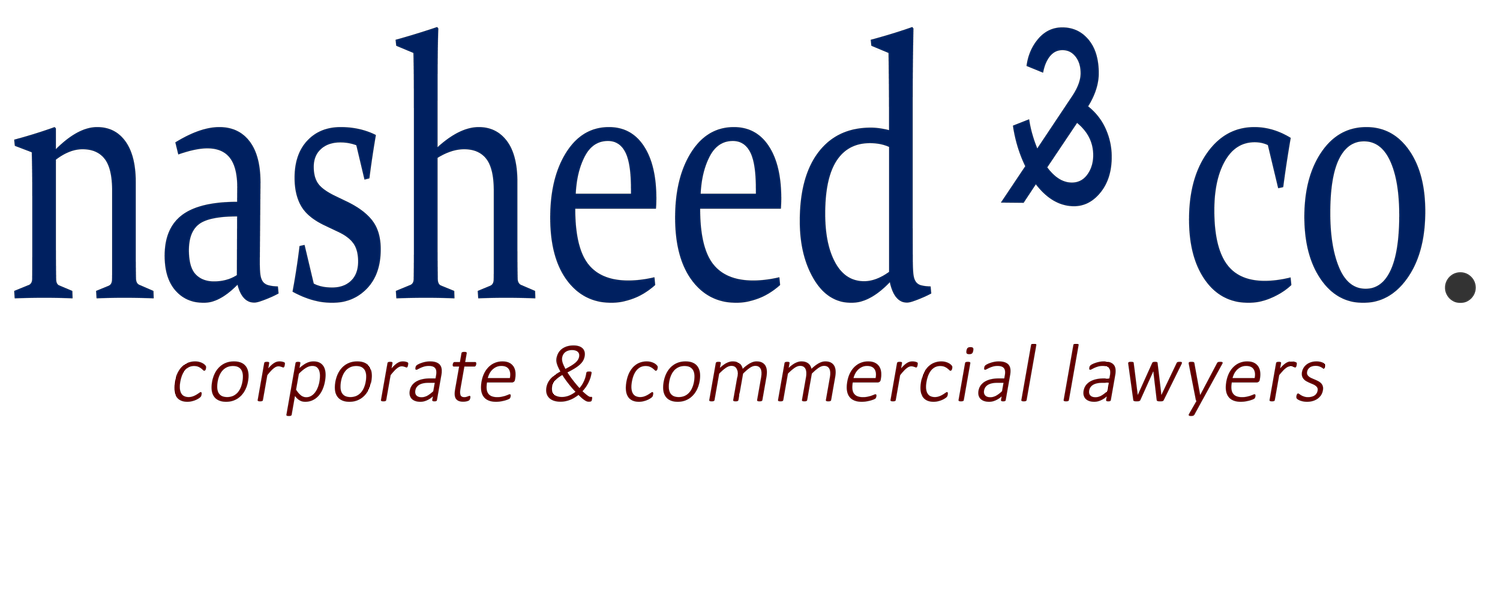Three issues Maldives owners raise with prospective operators
When an HMA deal is negotiated, one would very early on see the divergence in goals desired by the owner and the operator. Challenge is in bringing the parties with varying agendas to the table, facilitating a mutually beneficial dialogue, and leaving with a feeling of win-win for both parties often celebrated in the form of a hotel management agreement.That said, we focus here on three key issues often raised by owners in their conversations with prospective operators.Key MoneyOne of the early issues is the requirement of key money.Key money is paid in return for granting the contract. It does not give any right for the operator to take part in the ownership.This key money may be given to assist the owner either with repayment of a loan, complete the development of the resort, or completing a conversion plan.It is paid in the form of an upfront fee to win the deal. It is generally non-refundable and often non-adjustable against future revenue over a burn off period. However, some do ask for key money to be returned on premature termination of the HMA.Payment of key money may also put the owners under a bit of stress when they bargain other clauses such as minimum guarantee or performance test.Nonetheless, the fact remains that key money remains an issue of contention and intense negotiation in deals. Some operators are turned off by the idea of key money while others object to the amount.Investment PlanThe other issue of contention is the amount spent on property conversion or property investment plan.There may be requirements from the operator to upgrade the resort to a certain standard consistent with the incoming brand, or complete development of the resort as per brand standards, or convert the hotel to fit their brand promise.Either way, this is money to be spent entirely by the owner to attract that particular brand and has no way to set that off against fees paid to the operator.Owners often object to the amount or extent of renovation required. This is especially true of resorts which are required to undergo a significant renovation phase to fit to a brand quality. This is equally true of islands developed to suit a brand promise.Resorts that have a shorter operations period, or have opened just recently may be in a stronger position to limit the amount spent on property investment plan or conversion to fit to the brand.To escape the requirement altogether is next to impossible.Minimum GuaranteeThe most important of all issues perhaps is that of performance and minimum guarantee. It often pushes a deal to its breaking point.There is a degree of legitimacy in the owners’ motivation. It is the owners who would ultimately be responsible for lease rent payment, loan repayment, insurance, working capital requirements, and capital expenditure.Therefore, the owners would like the operator to be a competent operator who can ensure that the hotel performs at a degree of profitability to allow the owners to receive enough returns to meet these costs and also provide a return on investment.From the perspective of the owners, the insistence on this clause goes to the essence of the deal: profit for the owner and competence of the operator.The Maldivian favorite seems to be a Budget or GOP test where profitability is achieved based on proposed budget projections.The second favorite is the NOI test where a formula is proposed to guarantee owners' returns based on gross operating profit less fees, insurance premium and FF& E reserves. More often than not, owners already have a figure in their contemplation.A RevPAR test often proposed by the operators is generally not favored by the Maldivian owners.ConclusionAny brand that is looking at entering the Maldives market or expanding its current foothold with a hotel management agreement may have to tackle the above issues in some form – in arriving at a successful hotel management deal.


